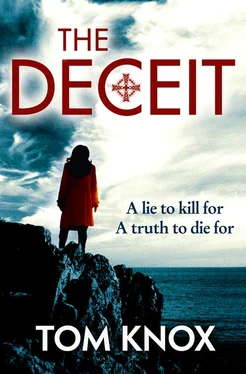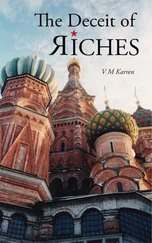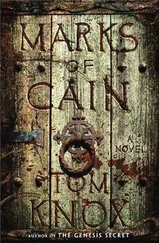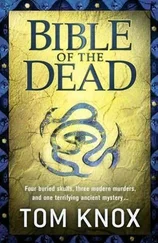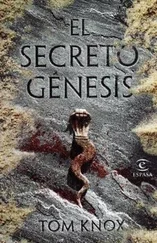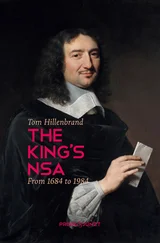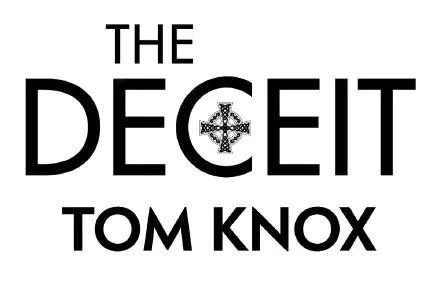

The Deceit is a work of fiction. However, I have drawn on many real, historical, archaeological and cultural sources for this book. In particular:
The Sacred Magic of Abra-Melin the Mage is a book of spells and curses, compiled by a Jewish Kabbalist, Abraham of Worms, in fifteenth-century Germany. Various versions of the text survive in libraries across Europe. In occult circles the magic of Abra-Melin is regarded as the most ‘dangerous’ of all hermetic rituals.
Aleister Crowley (1875–1947) was a British mountaineer, adventurer, drug-addict and black magician, and for a time a member of the Hermetic Order of the Golden Dawn, alongside artists such as the Irish poet, and Nobel laureate, W B Yeats. In 1924 a disciple of Crowley’s died in Crowley’s house in Cefalu, Sicily – allegedly after Crowley had fed him the blood of a cat.
The little town of Akhmim is possibly the oldest inhabited site in Egypt. Regarded as the cradle of alchemy, and as one of the birthplaces of Gnostic and Coptic Christianity, Akhmim also, in antiquity, enjoyed a reputation as being home to the greatest magicians in Egypt. Despite its extraordinary history, Akhmim has never been properly excavated by archaeologists.
‘And the LORD brought us FORTH out of EGYPT, with a mighty hand.’
Deuteronomy 26:8
Title Page
Author’s Note
Epigraph
1. Cairo, Egypt
2. The City of Garbage, Cairo
3. Zennor, Cornwall
4. La Bodega bistro, Zamalek, Cairo
5. The Monastery of St Anthony, the Red Sea, Egypt
6. Carnkie, Cornwall
7. Sohag, Egypt
8. Tahta, Middle Egypt
9. Zennor Hill, Cornwall, England
10. Morvah, Cornwall, England
11. Abydos, Egypt
12. Middle Egypt
13. Museum of Witchcraft, Boscastle, Cornwall
14. Nazlet, Egypt
15. Tahta, Egypt
16. Carnkie, Cornwall, England
17. Sohag, Egypt
18. Sohag, Egypt
19. Bodmin, Cornwall, England
20. The Necropolis of Cats, Bubastis, Egypt
21. Bubastis, the city of cats, Egypt
22. Truro Police Headquarters, Cornwall
23. Chancery Lane, London, England
24. Dokki, Cairo, Egypt
25. Coptic Cairo
26. London
27. London
28. Luxor
29. Police Headquarters, Luxor
30. London
31. The Tomb of Ramose, Valley of the Nobles, Egypt
32. Theban Necropolis, Egypt
33. London
34. London
35. The Monastery of St Tawdros, Malkata, Egypt
36. New Scotland Yard
37. Tawdros, Egypt
38. London
39. Chancery Lane, London
40. Aswan, Egypt
41. London
42. London
43. Aswan, Egypt
44. The Nile
45. Upper Egypt
46. London
47. Egypt
48. Plymouth, England
49. The Clayzone, Cornwall
50. Cornwall
51. University College, London
52. Department of Parasitology, Imperial College, London
Acknowledgements
About the Author
Also by Tom Knox
Copyright
About the Publisher
The taxi stopped in the City of the Dead. Victor Sassoon stared out of the dusty cab window, adjusting his spectacles, and cursing his seventy-five-year-old eyesight.
Ranked on either side of the unpaved road, that led directly through the cemetery, was a monumental parade of Mameluke shrines, yellow-painted mausoleums, and enormous white Fatimid graves; in front of the larger tombs, young children played obscure games in the ancient dirt.
Sassoon stared, a little deeper: he could glimpse shrouded Arab women in the unknowable interiors; he could also see the blue and orange of charcoal braziers: the women were cooking chicken claws and flatbreads amidst the corpse-dust.
The cab engine idled. The women gazed, from behind their veils. Sassoon wondered if the denizens of the City of the Dead could tell he was Jewish. Anglo -Jewish.
He leaned and tapped the cab driver on the shoulder.
‘Why have we stopped?’
Silence.
‘Why?’ he repeated.
The driver shrugged, not turning; the violet prayer-beads hanging from his rear-view mirror shivered in the breeze of the Cairene winter.
A kid in a grimy djellaba – the long Arabic robe worn across North Africa and beyond – wandered over to the taxi. The boy was smiling at Victor, as if he knew something Victor didn’t.
‘Why? Tell me.’ Victor raised his voice, a hint of panic therein. He didn’t want to be stuck here in the cemetery with the fellahin . The City of the Dead, one of Cairo’s direst slums, was a dangerous place to linger.
‘ Aiiii .’ The cab driver squinted at Victor via the mirror. ‘ Afwan, khlass, ntar —’
‘Stop!’ Victor snapped. ‘I know you speak English!’
Not for the first time, Victor condemned himself for his inability to speak much modern Arabic – despite speaking dead languages by the dozen.
The cab driver sighed.
‘You are from England, yes? Inglizi? ’
Victor nodded once more.
‘So I see you do not understand.’ The driver smiled, patiently. ‘I will explain. You want to go to Manshiyat Naser?’
‘Yes, you know that. Moqqatam.’
‘ Aiwa . Moqqatam.’
The wind was picking up as the winter sun weakened: it made Victor cough, and reach for his handkerchief. The breeze was carrying a hateful dust: the residue of the dead.
Victor wiped his mouth and spoke.
‘We agreed you’d take me there.’
The driver shook his head.
‘Look and see. Thief and drug-seller live here. In the tomb.’
‘So let us go. Please. Quickly.’
‘ Ahlan sadiqi , you are not understanding. Even the people here , even the people in City of the Dead will not go to Moqqatam . ’
‘I don’t care. You said—’
‘No.’
‘But—’
‘You walk now. Is just a walk? One or two kilometre. That way.’
The driver was pointing at a raised freeway thick with frenzied Cairo traffic, and beyond that a mighty cliff, grey and gloomy in the impending twilight.
Under that cliff, as Victor knew, was the abandoned quarry which was home to Cairo’s poorest of the poor: the Zabaleen.
The Zabaleen suburb, Garbage City, had a terrible reputation – worse, perhaps, than that of the City of the Dead. But Victor did not care. At the back of Moqqatam was, apparently, an ancient church, the Monastery of the Cave. And in that monastery was an old priest who could tell him whether the Sokar Hoard really existed. And whether it could be deciphered.
And right now the archaic documents that comprised the Sokar Hoard meant more to Victor than his own dwindling life. The faint but persistent rumours in London, in Egyptological circles, were too startling to ignore.
The Copts have discovered a cache of documents in Middle Egypt. Parts are written in Arabic and French, as well as the most ancient Coptic. The Arabic and French commentaries imply that the Coptic source texts are revolutionary: they could alter our entire understanding of religion.
Of course these rumours were probably exaggerated. But even if you stripped out the hyperbole, the prospect was extremely enticing. Not least because the supposed provenance of the Sokar Hoard – Coptic Middle Egypt – made it all the more plausible that someone had indeed found something .
Читать дальше
